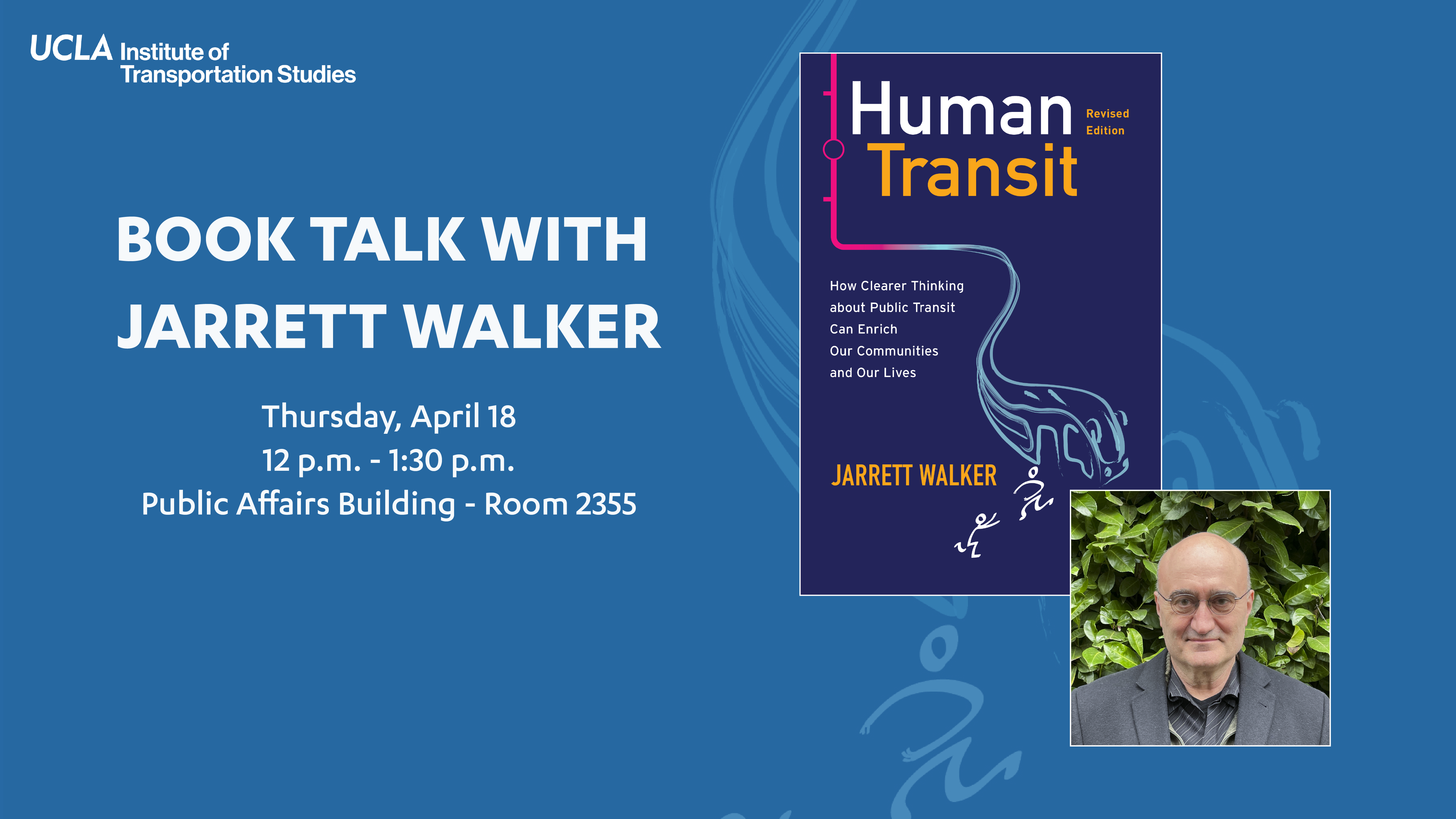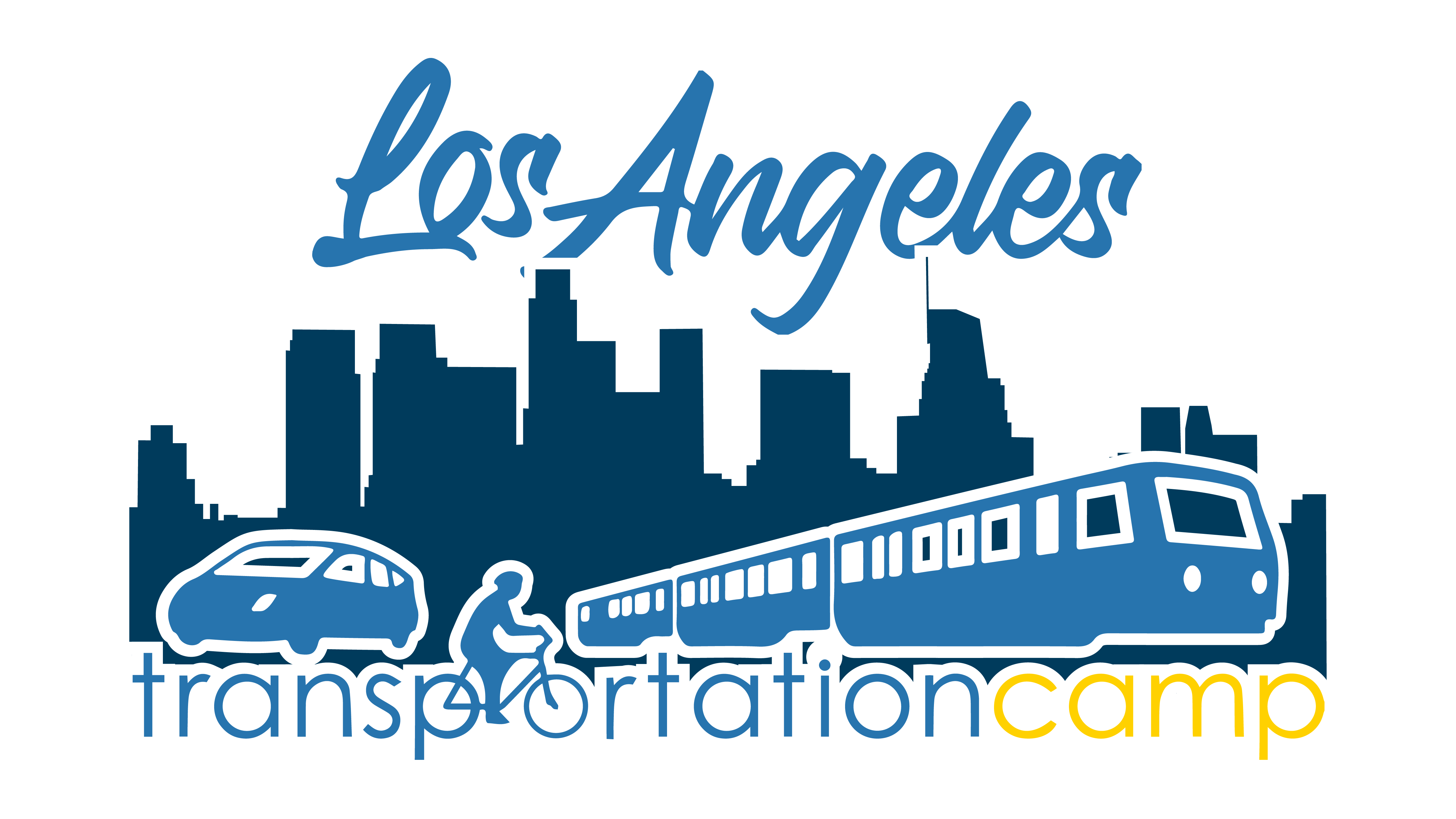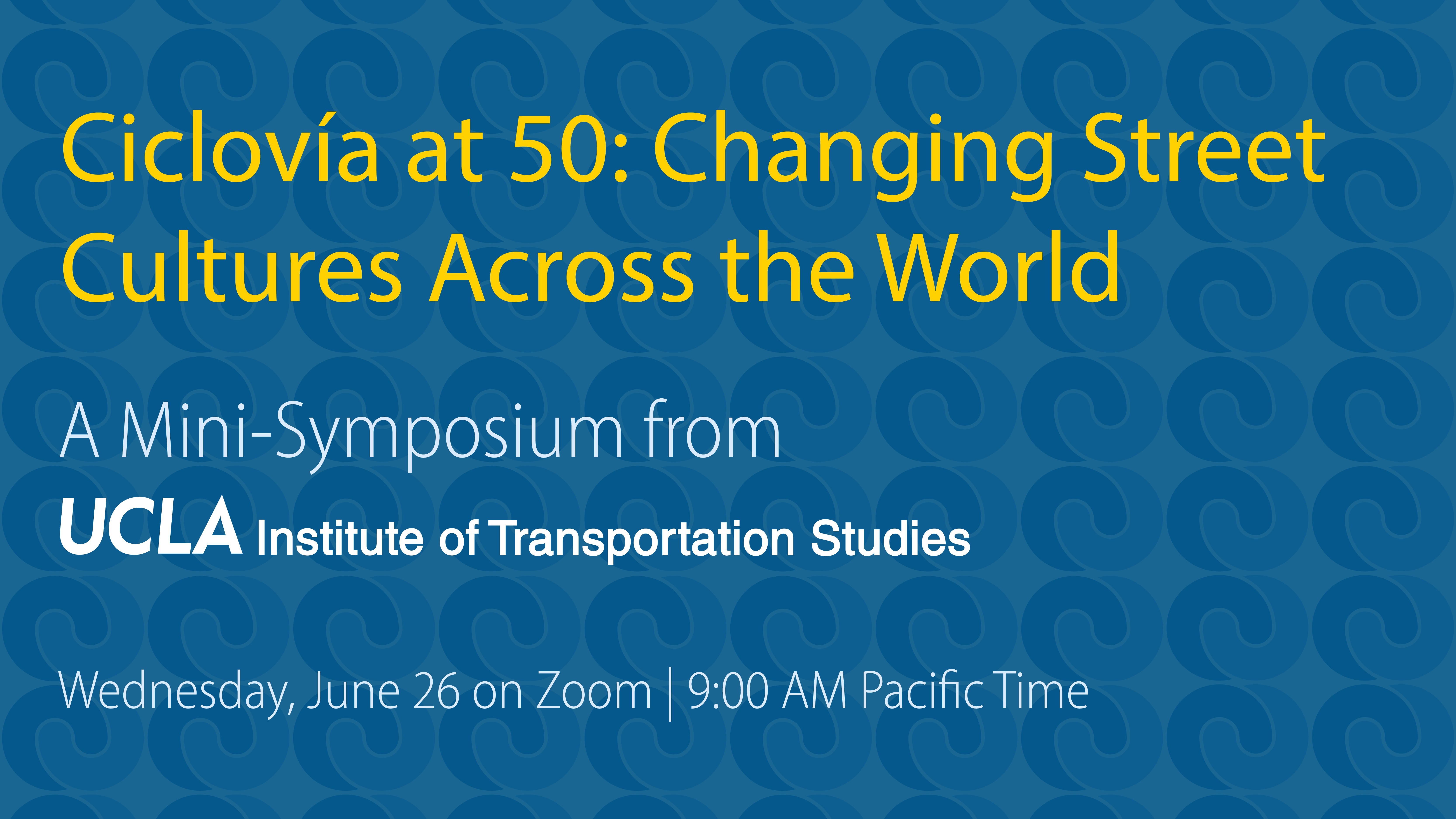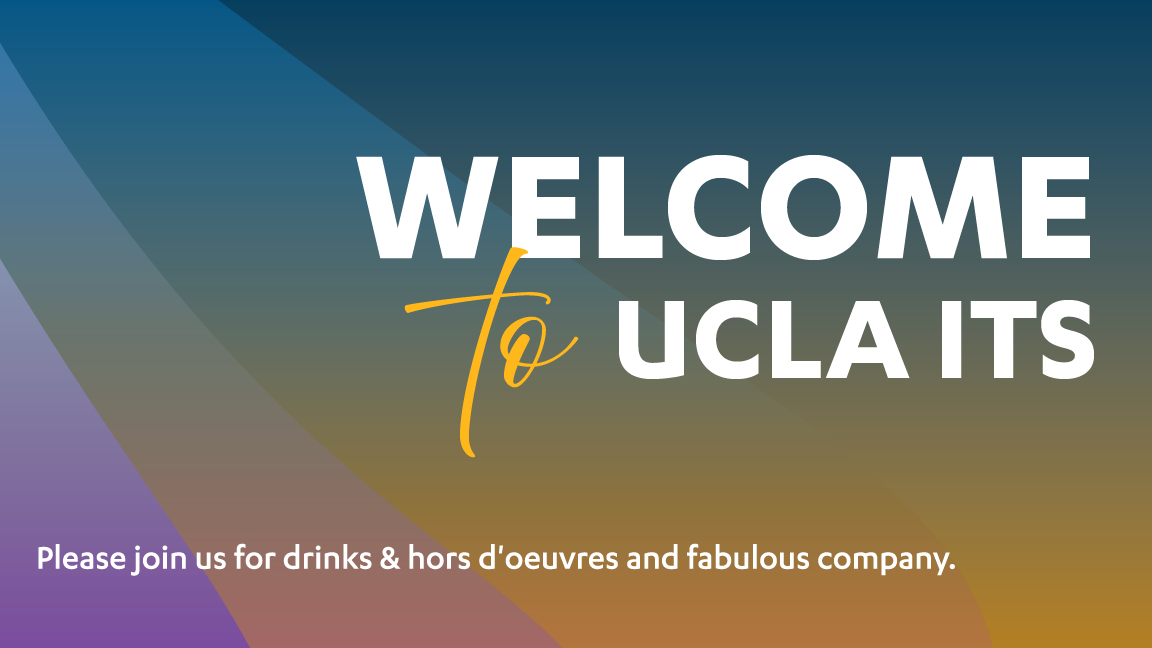UCLA Downtown Los Angeles Forum: Transforming Transportation
The California Endowment 1000 Alameda St., Los Angeles, CA, United StatesThis in-person event showcased new research, analysis, and future research plans in TRACton: A Research Agenda For Just and Sustainable Transportation, a research and policy agenda that is a product of collaborative agenda-setting between UCLA researchers and members of community-based and advocacy organizations. Speakers and attendees pondered some of the pressing questions affecting transportation and land use in California: How does a research agenda developed in collaboration by researchers and community advocates differ from the status quo for transportation research? With an impending fiscal cliff and the continuing slog of post-pandemic ridership recovery, how will California transform public transit to achieve the state's strategic vision of transit oriented development with less reliance on personal automobiles. Climate change, housing affordability, unsafe roads, and the impending Olympic games all motivate the need to advance the pace and scale of transportation change. But achieving scale and agility require significant changes in public sector managerial approaches. What can transportation professionals do differently to transform transportation? How can transit agencies overcome labor shortages that impair services and ridership? What is known about racial injustices in siting freeways? What can communities do to repair the resultant harms? [...]







